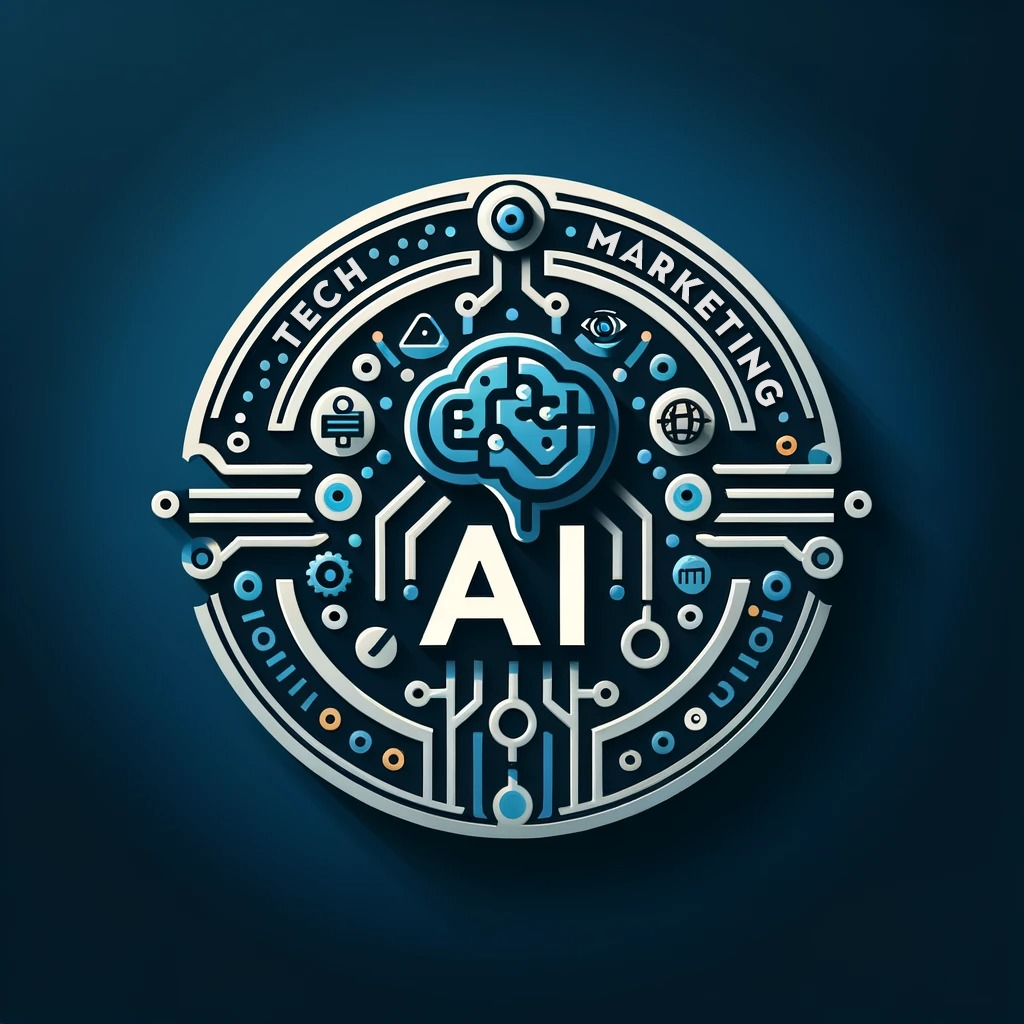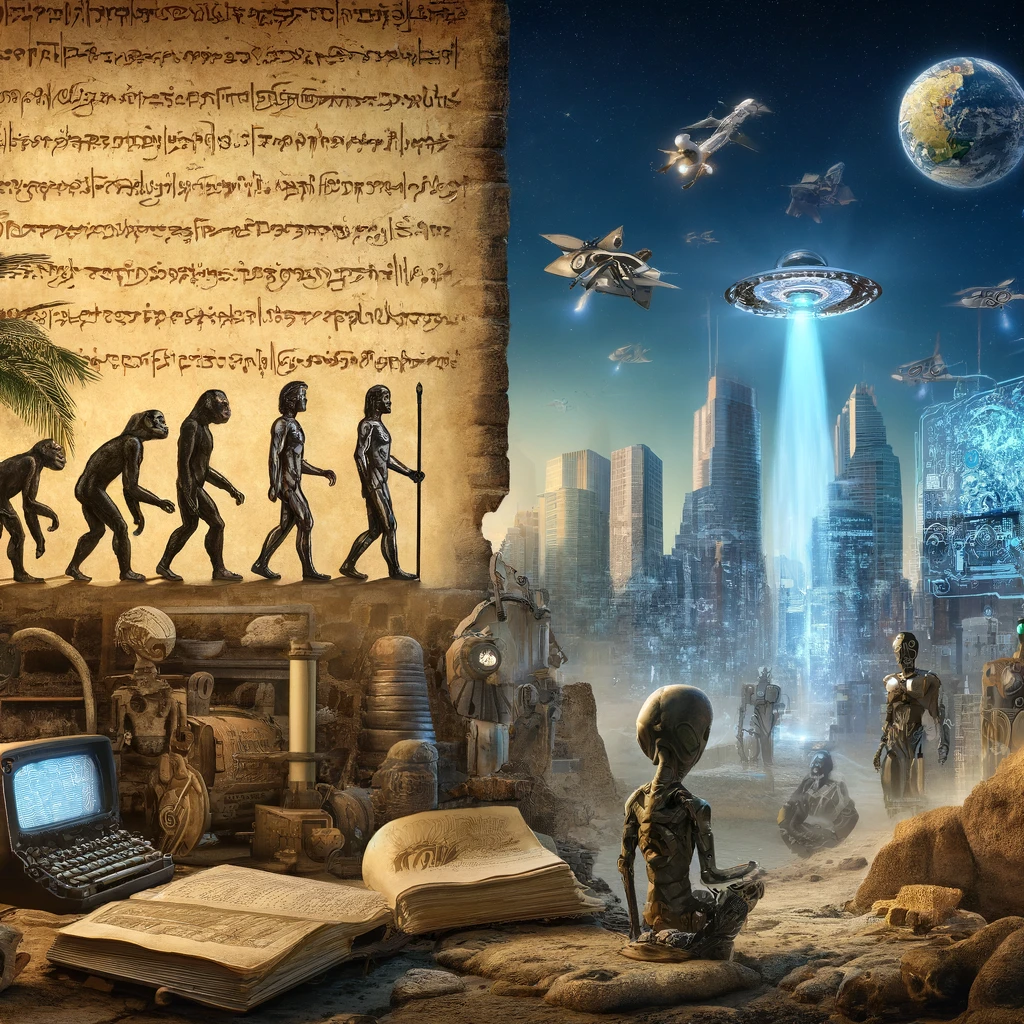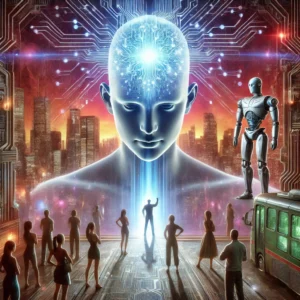Artificial Intelligence’s Unseen Boundaries: What AI Can’t Do Yet
Is AI poised to render human creativity obsolete? Despite its rapid advancements, AI still grapples with tasks that require genuine creativity and emotional intelligence.
Artificial Intelligence (AI) has undeniably transformed various sectors, from automating mundane tasks to analyzing complex data sets with unprecedented speed. As of February 27, 2025, AI’s integration into daily life is more pronounced than ever. However, beneath the surface of these technological marvels lie inherent limitations that prevent AI from fully replicating human capabilities.
The Illusion of Creativity in AI
While AI can generate art, music, and even write articles, it lacks the intrinsic creativity that humans possess. AI systems operate based on patterns and data they’ve been trained on, making them proficient at imitation but not innovation. For instance, AI-generated artworks are amalgamations of existing styles and patterns, devoid of the emotional depth and personal experiences that human artists infuse into their creations.
A study highlighted that AI’s creative outputs are often perceived as less authentic compared to human-generated content. This perception underscores the gap between human creativity and AI’s replicative abilities.
Emotional Intelligence: Beyond AI’s Reach
Emotional intelligence involves understanding, interpreting, and responding to emotions—both one’s own and those of others. AI, however advanced, processes information without consciousness or genuine understanding. It can simulate conversational empathy, but it doesn’t experience emotions. This limitation is particularly evident in sectors like mental health counseling, where human empathy and personal connection are paramount.
Professor Christopher Summerfield, an AI scientist at Google DeepMind, emphasizes that AI lacks the emotional and personal context humans possess, making it incapable of genuine emotional engagement.
The Data Dependency Dilemma
AI’s performance is heavily reliant on the quality and quantity of data it processes. Inaccurate, biased, or insufficient data can lead to flawed outputs. For example, AI systems used in hiring processes have, at times, perpetuated existing biases present in their training data, leading to discriminatory practices.
Lynn Wu, a professor at Wharton, points out that AI’s growth may encounter roadblocks due to data limitations. As AI models exhaust available high-quality data, their performance could plateau, highlighting the necessity for continuous data curation and quality assurance.
Ethical and Privacy Concerns
The integration of AI into various aspects of life raises significant ethical and privacy issues. AI systems often require access to personal data, leading to potential misuse or unauthorized access. In regions like the USA and Europe, debates around AI regulation are intensifying. For instance, Connecticut lawmakers are currently at odds over the regulation of the AI industry, reflecting broader concerns about AI’s ethical implications.
The Black Box Problem
Many AI models, especially deep learning systems, operate as “black boxes,” offering little transparency into their internal decision-making processes. This opacity can be problematic in critical applications like healthcare or criminal justice, where understanding the rationale behind a decision is essential. The lack of interpretability raises questions about accountability and trust in AI-driven outcomes.
Economic Implications: Job Displacement
AI’s automation capabilities have led to concerns about job displacement across various industries. While AI can handle repetitive and data-intensive tasks efficiently, it often does so at the expense of human employment. The World Economic Forum predicts that by 2025, AI might eliminate 85 million jobs but also create 97 million new ones, resulting in a net gain. However, this transition requires a workforce skilled in areas that AI cannot easily replicate, such as creative problem-solving and interpersonal communication.
The Future of AI: Navigating Limitations
Understanding AI’s current limitations is crucial for integrating it responsibly into society. While AI excels in data processing and pattern recognition, it cannot replicate human creativity, emotional depth, or ethical judgment. As AI continues to evolve, collaboration between human intelligence and artificial systems will be key. By leveraging the strengths of both, society can harness AI’s potential while mitigating its shortcomings.





Your sense of humor is evident, I laughed out loud.